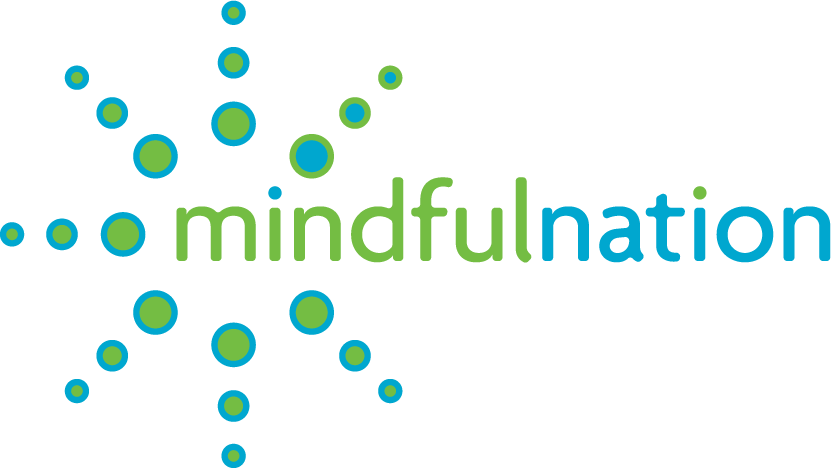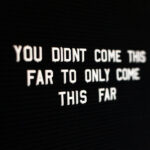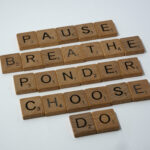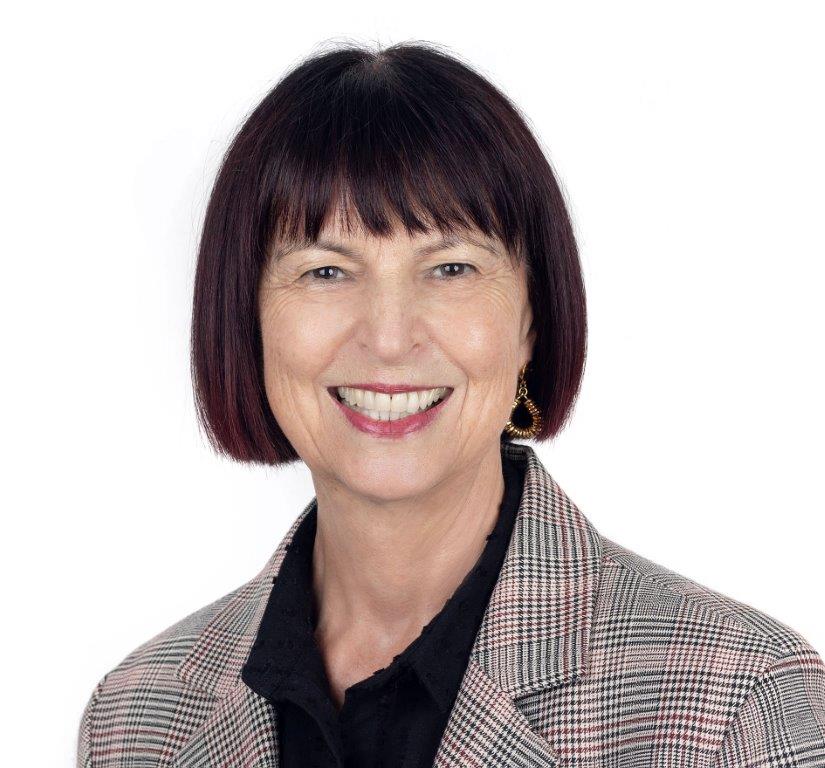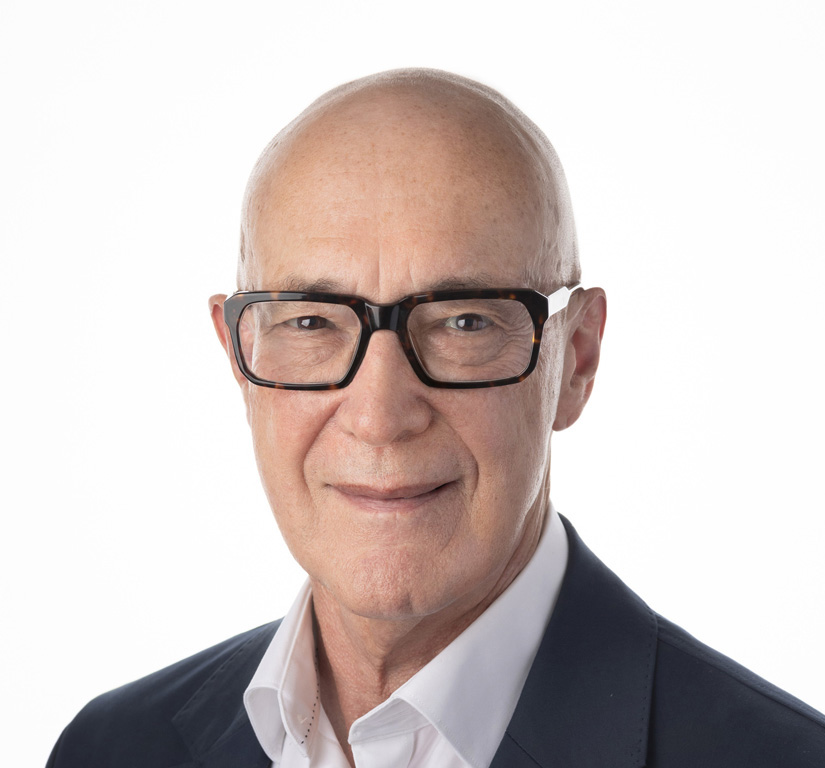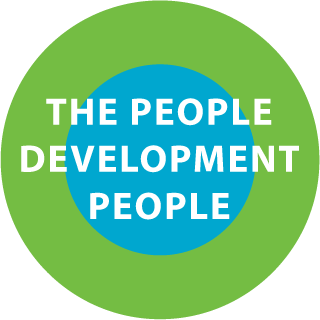
Simple – But Not Easy
“We always hope for the easy fix: the one simple change that will erase a problem in a stroke. But few things in life work this way. Instead, success requires making a hundred small steps go right…….”
– Atul Gawande: Author, Surgeon, Public Health Researcher.
At Mindful Nation we’re all about people development, with a particular focus on personal effectiveness.
Our opening quote is from Gawande’s book ‘Better: A Surgeon’s Notes on Performance.’ The focus is the health profession, and how doctors strive to close the gap between best intentions and best performance in the face of obstacles that sometimes seem insurmountable. We reckon that’s the case with most of the people we work with in business.
And just as there is no easy fix – one simple change that fixes everything – for the medical profession, there is no easy fix to becoming personally effective (and less stressed) either.
Becoming more personally effective involves consistent effort and application. It takes courage and persistence.
The process of becoming more self-aware, understanding what drives your behaviour, learning to ‘read’ a situation, and developing the behavioural adaptability so you can respond usefully, regardless of the circumstance or situation is relatively straightforward. None of it is hard. Anyone can do it.
It just needs you to consciously and deliberately change your habits of thinking. How and what we think will affect how and what we feel; that affects how we behave and the outcomes we get.
That has an impact one way or another on the quality of your relationships with others. It will also have an impact on the relationship you have with yourself.
Taking control of your thoughts, rather than being controlled by them, allows you to ‘put in a pause.’ This creates space in which you can choose to respond rather than react.
And it’s hard work initially. We all have patterns of thinking that have been cultivated over time and we underestimate the consistent effort required to change our thinking, and therefore our experience.
Learning how to slow down and observe your own internal processes is the key. Observing your thoughts and feelings, and the effect those have on the actions you take, requires a conscious effort. It can be very challenging. And uncomfortable!
We often have good intentions to “do things differently next time” when something has gone pear-shaped for us but if we don’t purposefully practice doing things differently – taking ‘a hundred small steps’ to lay down new patterns of thinking – then the next time we’re under pressure or feeling stressed, we’ll default to our old ways of behaving.
And we stay stuck in our habitual ways of thinking, feeling, and behaving. We continue to get stressed by things that are beyond our control. And feel increasingly sensitive and fragile.
Becoming personally effective requires consistent effort. Then it becomes a new way of operating. The process is simple, but the practice is not easy.
Developing your level of personal effectiveness is one of the most useful investments you can make in yourself.
And it’s never too late (or early!) to start. Check out our Personal Effectiveness Program here.
PS: Simple means something that’s uncomplicated and easily understood. Easy means something that’s achieved without effort. Don’t mistake one for the other!
Image credit: Joshua Earle – Unsplash
-
Anti-fragile
October 3, 2022 -
Emotional Intelligence
September 5, 2022 -
Self-Awareness
August 1, 2022
